The Trump administration’s June 6, 2025, executive order aims to boost U.S. drone innovation by expanding Beyond Visual Line of Sight (BVLOS) operations and streamlining certifications. However, a critical issue looms: the delayed security audit of Chinese-made drones, mandated by the FY25 National Defense Authorization Act (NDAA), as noted in DJI’s blog. With the December 2025 deadline nearing, inaction could trigger an automatic ban on DJI drones, devastating small businesses and limiting First Responders‘ life-saving capabilities.
NDAA Audit: A Ticking Clock
The NDAA, passed in December 2024, requires a national security agency to evaluate Chinese-manufactured drones, like DJI’s, to ensure Data Security compliance. This evidence-based process was meant to determine if DJI’s products can remain available.
Yet, over six months later, no agency has started the audit. “If no agency steps forward and completes the Review by the December 2025 deadline, the NDAA provision could trigger an automatic ban on DJI,” DJI stated. Since 2017, DJI has voluntarily undergone security audits by federal agencies and experts, asserting its data privacy measures are robust.
DJI drones, with features like 4K cameras, thermal imaging, and flight ranges up to 9.3 miles (15 kilometers), are vital for U.S. Drone Service Providers and first responders. No U.S. drone manufacturer currently matches DJI’s combination of capability, affordability, ease of use, and availability.

Devastating Small Businesses
A DJI ban would decimate thousands of U.S. drone service providers, particularly small businesses offering aerial photography, surveying, and agriculture services. These operators rely on DJI’s cost-effective drones to compete.
Switching to pricier alternatives, like Blue sUAS drones, could force many out of business, as budgets often don’t allow for such transitions. “Thousands of businesses, public safety officials, farmers, entrepreneurs, and others would be cut off from essential tools,” DJI warned, threatening jobs and economic growth.
Limiting First Responders
Police, fire, and search-and-rescue departments face severe constraints without DJI drones. Budget-limited agencies depend on DJI’s affordability to equip teams with tools for Wildfire monitoring, search operations, and disaster response. A single Blue sUAS drone, such as a Skydio or Brinc drone, can easily cost as much as multiple DJI units, reducing departments’ ability to scale operations.
A DJI ban would hinder first responders’ capacity to stay safe and save lives, as no U.S.-made drone currently rivals DJI’s performance. “Everyone should have the right to pick the best tools for their operation, especially when that operation may involve fighting wildfires and saving lives,” DJI emphasized.
Fair Audits Over Bans
DJI urges a transparent audit to ensure data security, not a ban based on country of origin. “We welcome the opportunity to participate in a rigorous, transparent and fair audit,” the company stated in a March 2025 letter, per its blog. A ban without evidence risks undermining the U.S. drone ecosystem, stalling innovation, and weakening public safety.
The Drone Advocacy Alliance, of which DroneXL is a member, encourages operators to share their stories with elected officials via www.droneadvocacyalliance.com.
With six months left, a fair audit is critical to keep drones safe and accessible, ensuring competition drives innovation. Act now to protect the tools that power businesses and save lives.
Photos courtesy of Air Photography
Discover more from DroneXL.co
Subscribe to get the latest posts sent to your email.
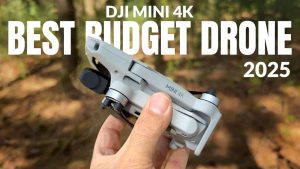
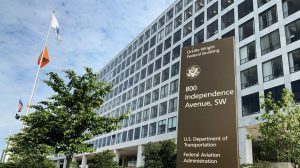
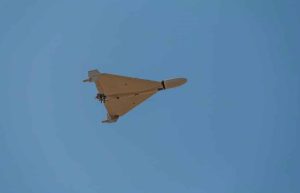
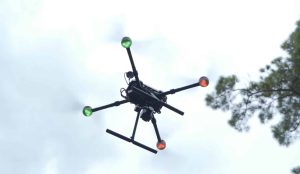
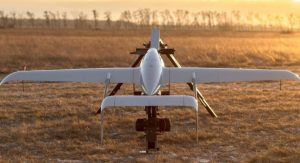
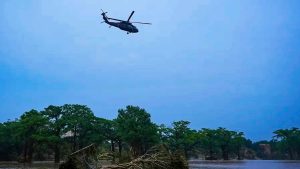
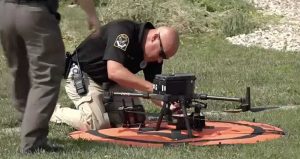

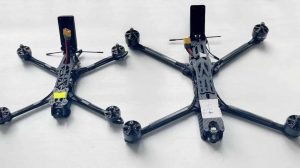
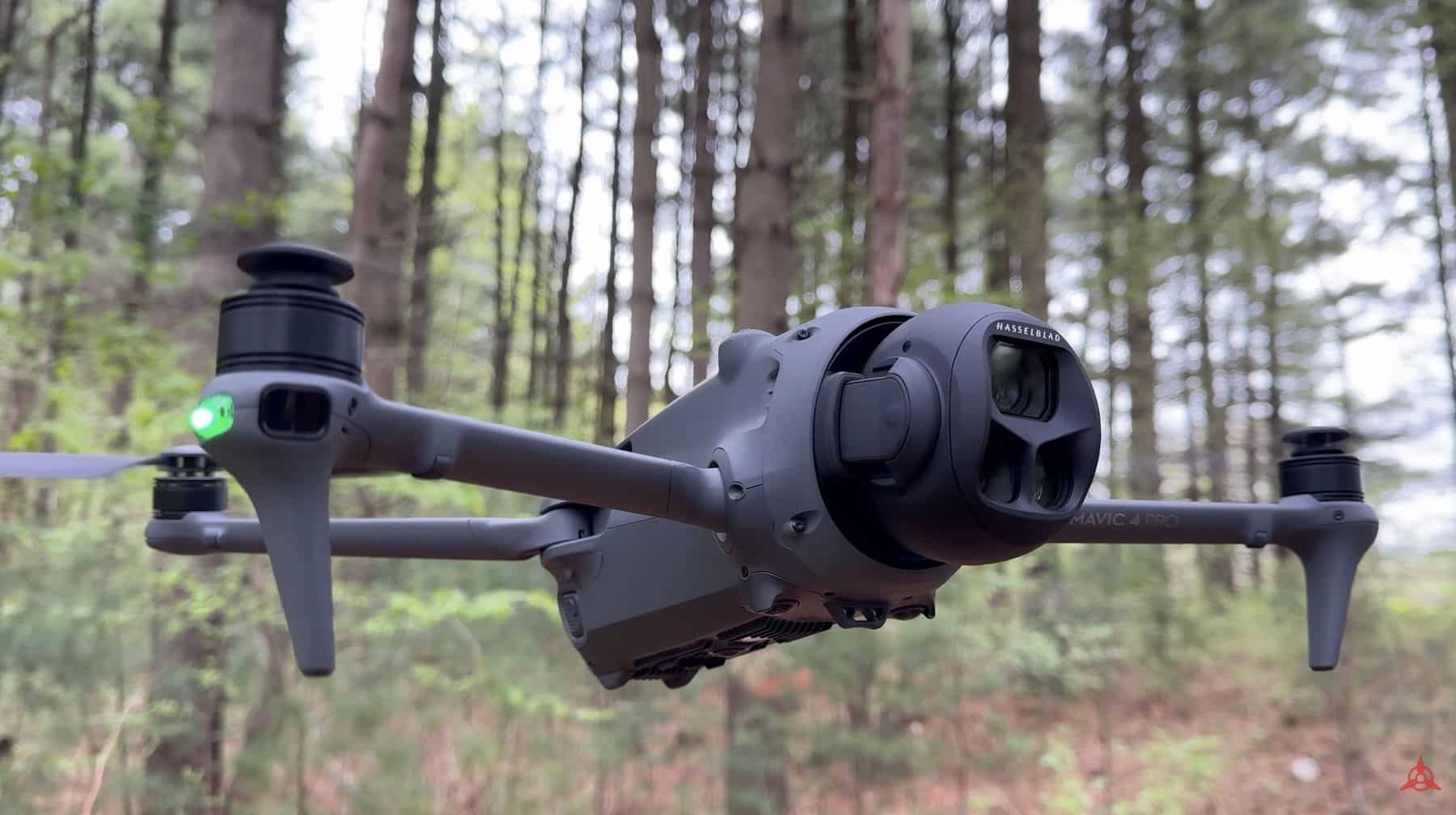
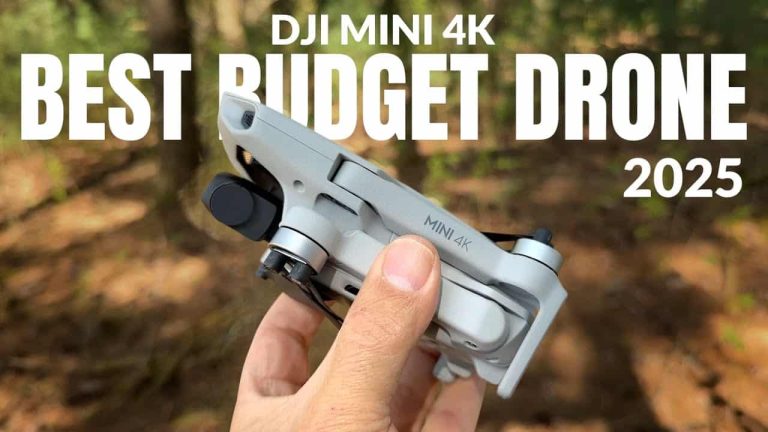
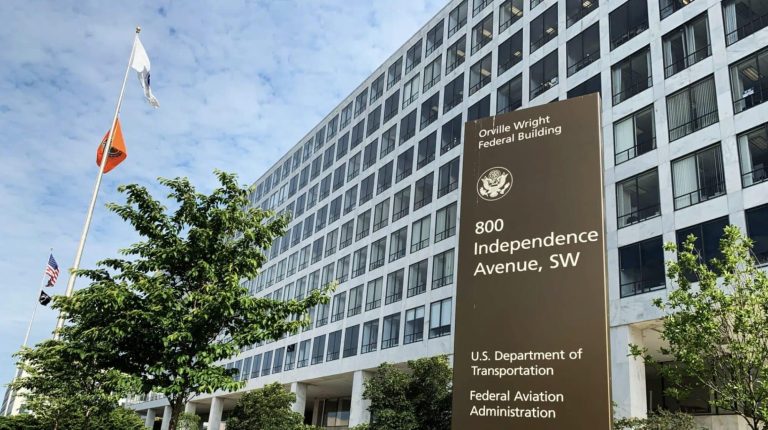
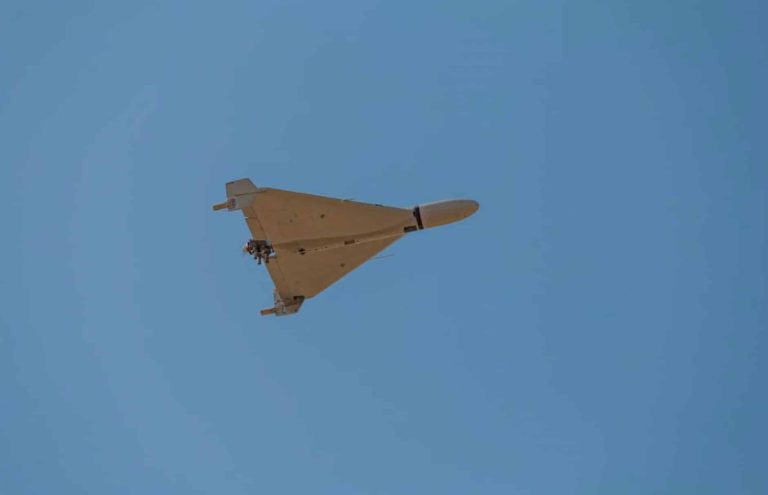

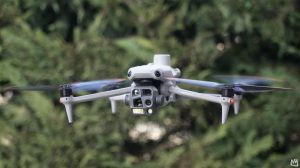
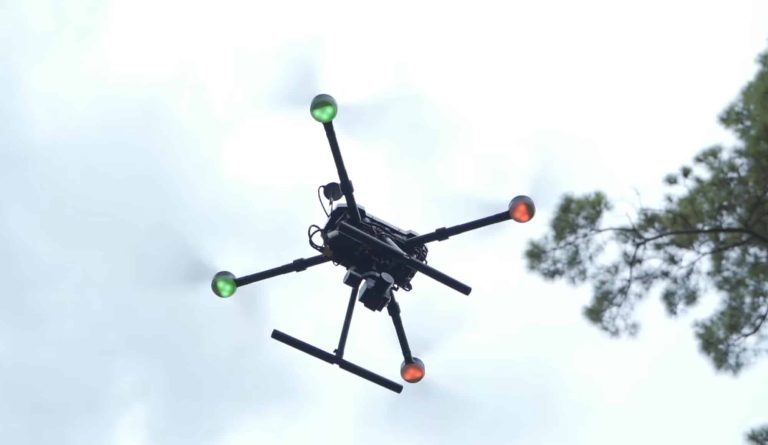
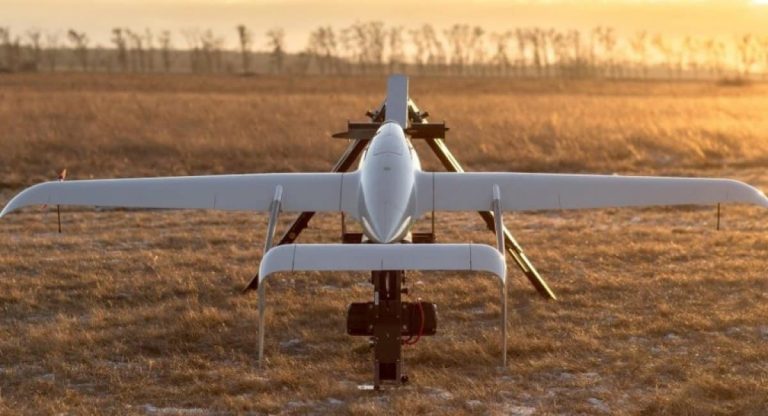
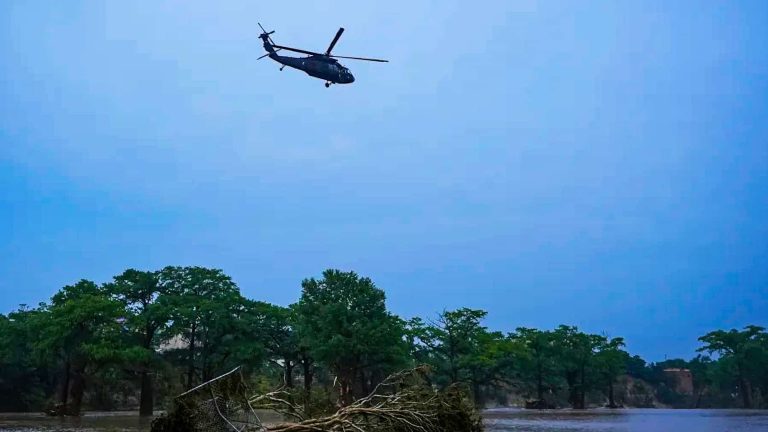
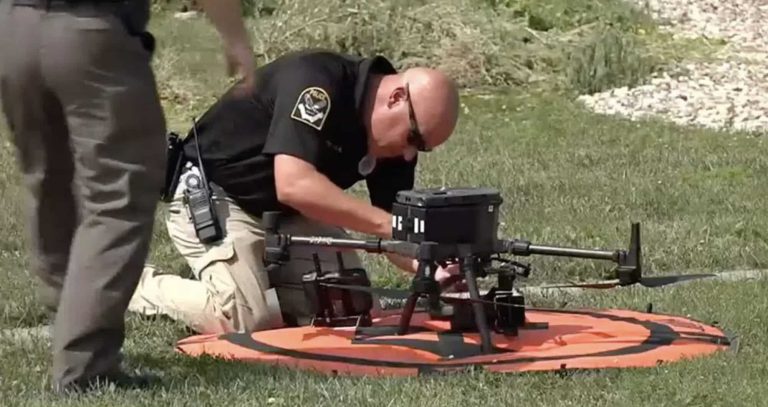

+ There are no comments
Add yours